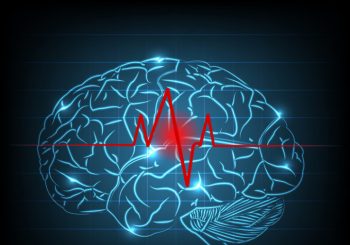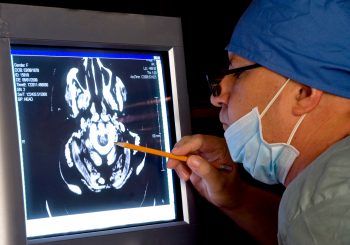
A growing body of research highlights the importance of diet in supporting brain health and potentially reducing the risk of dementia. While no single food can prevent cognitive decline, incorporating nutrient-rich options into your daily meals can make a significant difference. Here are some brain-boosting foods to consider:
1. Leafy Greens
Vegetables like spinach, kale, and Swiss chard are rich in folate, vitamin K, and antioxidants. These nutrients may slow cognitive decline and protect...
Read More
Read More









